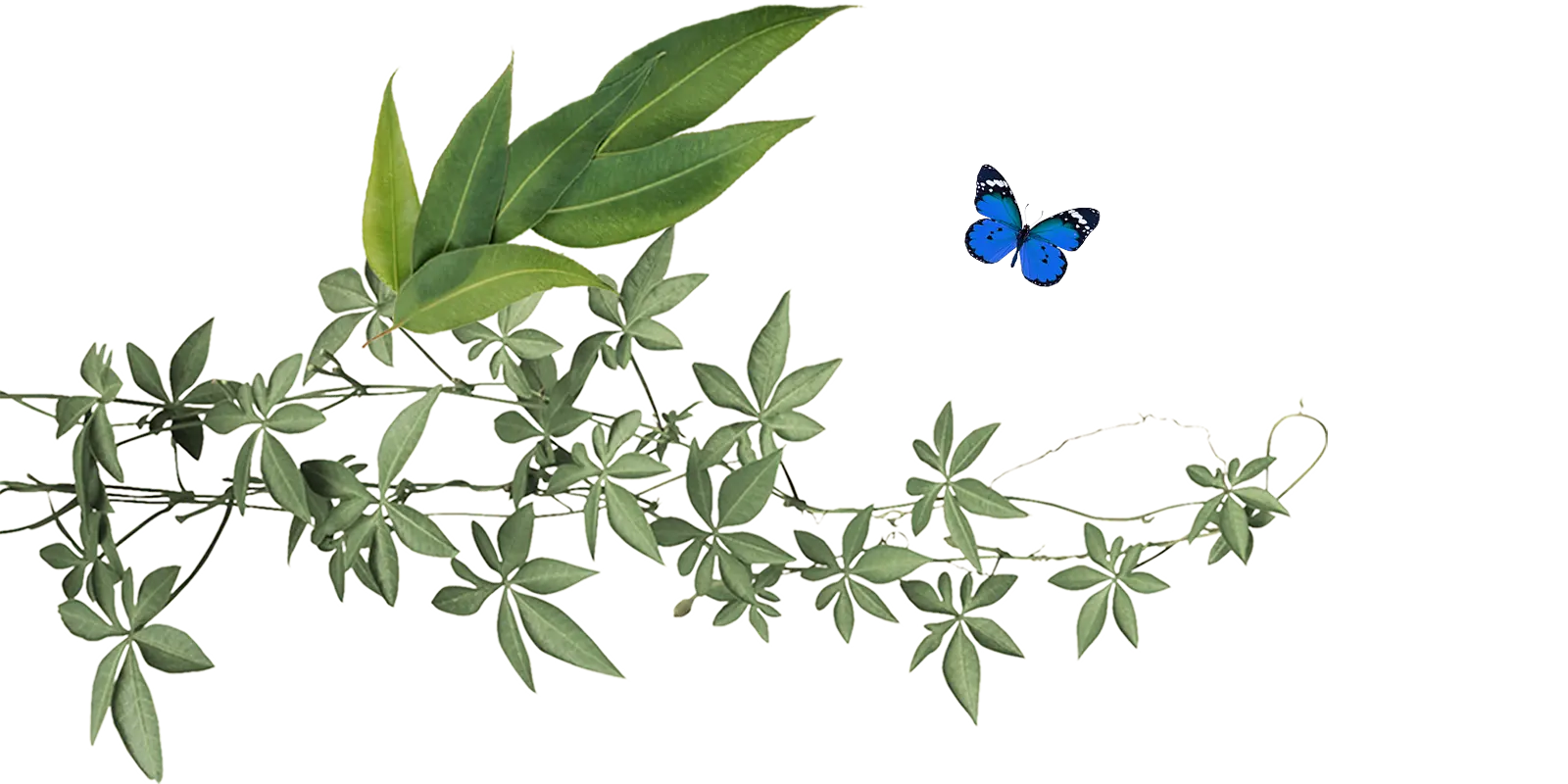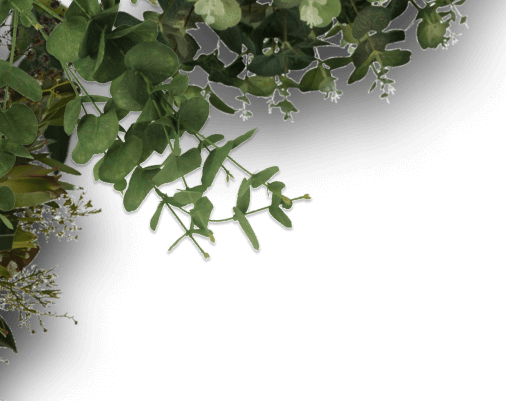Indigenous cultures have long understood the importance of working with nature to nurture the land and ensure sustained health and productivity across all systems. By embracing the knowledge and expertise of Indigenous cultures and traditional farming practices, we can learn valuable lessons about land stewardship, biodiversity, and the importance of a holistic approach to farming. While ‘regenerative’ may be the new buzz word, many of these methods aren’t new, and have been used by Indigenous cultures for many thousands of years.
In Australia, the myth that Indigenous people survived purely as hunter gatherers does not give credit to the intricate and nuanced ways in which they managed the land. Both Indigenous and non-Indigenous farmers can embrace these lessons of land management from Aboriginal and Torres Strait Islander peoples to enhance the health of their land.
Below, find introductory resources for learning about the history of Indigenous land management in Australia and some jumping off points for contemporary Indigenous landholders who want to engage in regenerative agriculture.
Indigenous Peoples in Regenerative Agriculture
This network supports indigenous involvement in carbon farming and land management, including regenerative practices, to create economic opportunities for indigenous communities.
Deadly Story
Deadly Story is a cultural resource portal that supports Aboriginal and Torres Strait Islander children and young people who are in out-of-home care, to expand their knowledge of who they are and where they come from and supporting their growing connection to Culture, Country and Community. An increased knowledge of culture can be internalised to support healing, increase protective factors, help with resilience, self-esteem and pride and lead to better health and wellbeing overall.
Dark Emu
Bruce Pascoe’s Dark Emu argues for a reconsideration of the 'hunter-gatherer' tag for pre-colonial Aboriginal Australians and attempts to rebut the colonial myths that have worked to justify dispossession. The book suggests that systems of food production and land management have been understated in modern retellings of early Aboriginal history.
- Read 'Dark Emu'
- There is also a children’s version of the book called Young Dark Emu
Noongar Land Enterprise Group
The Noongar Land Enterprise Group develops commercially viable Noongar land-based businesses. These agricultural businesses have an economic imperative behind them but also a cultural one. While NLE is on a pathway to economic development, it is the environmental, cultural and social aspirations which provide the motivation and inspiration for their business aspirations.
- Read about the NLE's purpose and vision to support and develop opportunities for Noongar people on Noongar land
Outback Academy Australia
Outback Academy Australia is a not for profit majority Aboriginal-led organisation that works with Aboriginal farmers to build agricultural and horticultural regenerative farming businesses. The core program they have to support Indigenous farmers is called Follow the Flowers
- Join the movement to help protect the environment and their supply chains
Charles Sturt University
Charles Sturt University has developed an Indigenous agriculture initiative drawing attention to the lack of Indigenous agriculture graduates. It also provides Indigenous students scholarships to study agriculture and/or do postgraduate research on aspects of Indigenous agriculture.
This provides Indigenous people with a pathway into agricultural industries and shows Indigenous people what opportunities exist.
Exploring First Nations farming resources and organisations is part of a larger collective response. Learn more and find other actions about embedding indigenous wisdom.
Know of any other groups or resources? Let us know.


